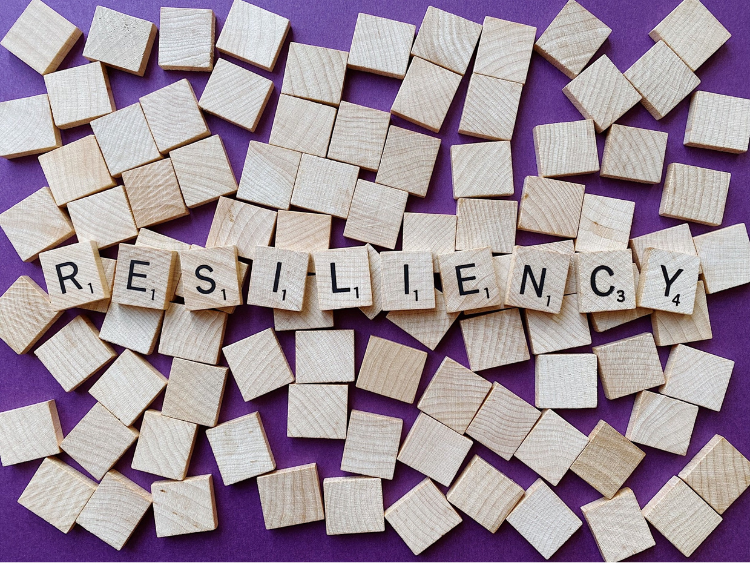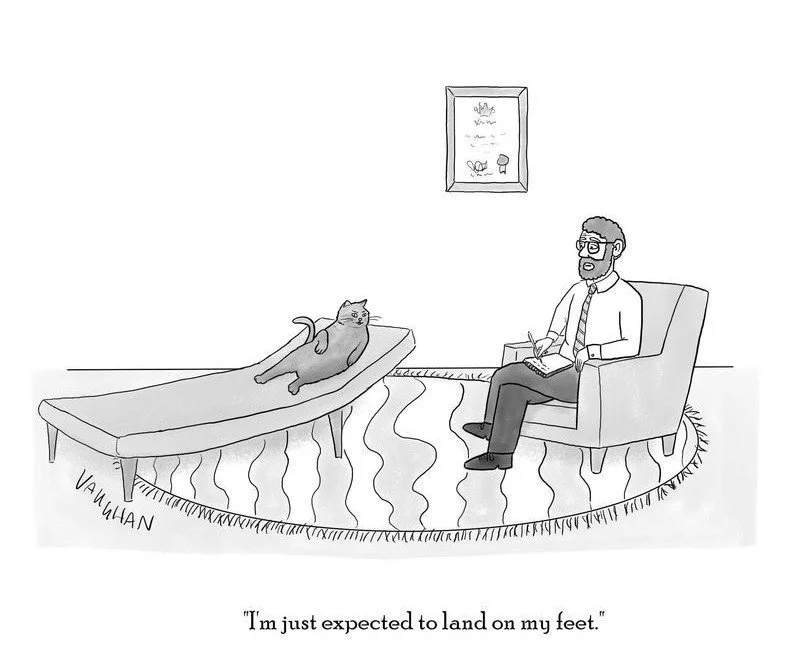Resiliency
Resiliency Moment
It seems to me that we are living in a time when being a victim is, many times, acceptable. The language that includes discipline, accountability, and a never-quit attitude has faded into the archives of being unacceptable. Scott Dawson’s story is filled with such language. While his vulnerability is refreshing, his determination to overcome is nothing short of inspirational.
Scott is a man of faith who was a recent gubernatorial candidate for our state. He entered the race having never run for or been appointed to a political office. Scott didn’t win the race for Governor. However, he did win the hearts of thousands of people who supported his non-political agenda and ideas. But that is not what impresses me the most about this man.
Scott has struggled and he has overcome. He knows what it means to choose not to be a victim. Through hard work and discipline, he literally changed his physical appearance and health.
We often choose the easy road of developing and keeping bad habits or believing the myth that we do not have control over our behavior. Changing an unhealthy lifestyle is incredibly difficult. Facing our weakness and then choosing to battle it takes courage and resilience. It begins with humility and ends with sheer will and determination. While we will never overcome all of our weak areas, choosing to continue to fight and struggle will result in gaining insight and developing the strength to lead ourselves and others well.
Choose to overcome the victim mentality in your life and you will make a difference.
Dr. Larry Little
Eagle Center for Leadership
Resiliency is what allows leaders to keep moving forward when challenges, setbacks, or unexpected demands appear. It is more than endurance; it is the capacity to adapt, recover, and maintain focus under pressure. At 3M Chem Ops, resiliency is essential for safe and steady operations. When leaders demonstrate resiliency, they show their teams how to manage disruption without losing sight of priorities or lowering standards.
This strength is reflected in how leaders approach their daily responsibilities. It shows in the discipline to set clear priorities, the persistence to maintain standards when conditions are tough, and the ability to share responsibility so no one carries the weight alone. Just as important, it comes through in empowering others to step forward with confidence. These choices build collective strength and create an environment where people can rely on one another when demands increase or circumstances change.
Resiliency and Operational Discipline
Operational discipline depends on leaders who can stay grounded and consistent, even when the pace is demanding. Resiliency provides that foundation. It is built through the daily practice of prioritizing what matters most, persevering through setbacks, delegating responsibilities effectively, and empowering others to contribute their best. Each of these habits strengthens the ability to recover quickly, keep standards intact, and maintain focus under pressure. Together, they create more than individual strength—they support safe, reliable operations across the plant.
“The more obstacles you face and overcome, the more times you falter and get back on track, the more difficulties you struggle with and conquer, the more resiliency you will naturally develop. There is nothing that can hold you back, if you are resilient.”
At 3M Chem Ops, leaders build Resiliency by focusing on four areas:
Prioritization – Knowing what matters most and protecting time and energy for it.
Perseverance – Staying committed through setbacks and keeping progress moving forward.
Delegation – Distributing responsibility so work is balanced and energy is preserved.
Empowerment – Building confidence in others to make decisions, take ownership, and lead in their own roles.
The fourth module of The 3M Chem Ops Way starts with Prioritization. Here, you’ll explore how intentional self-leadership, clarity around what drives results, and the ability to balance people and processes all work together to strengthen resiliency in daily leadership.



